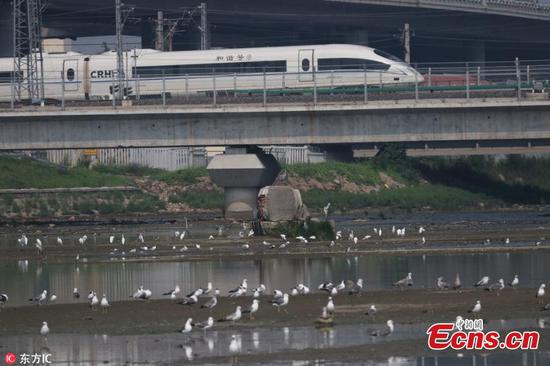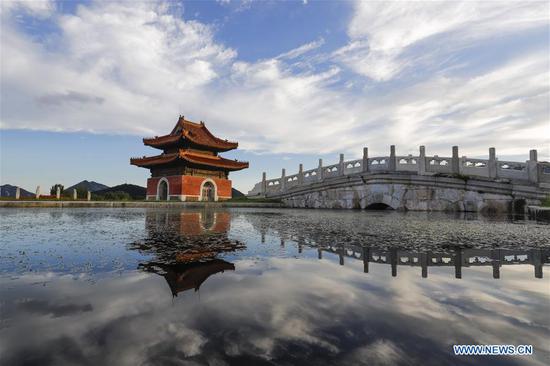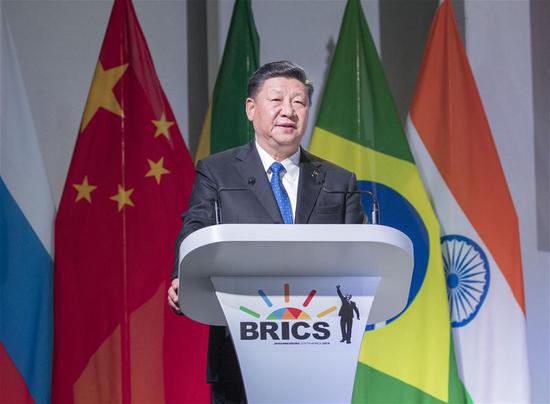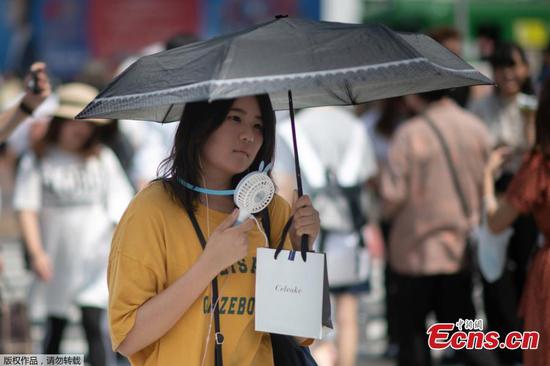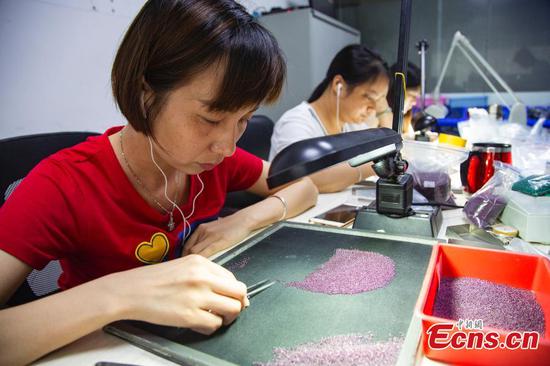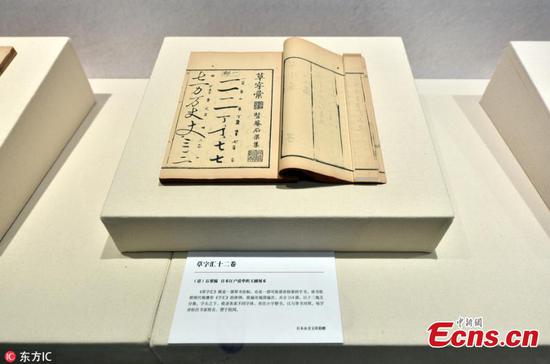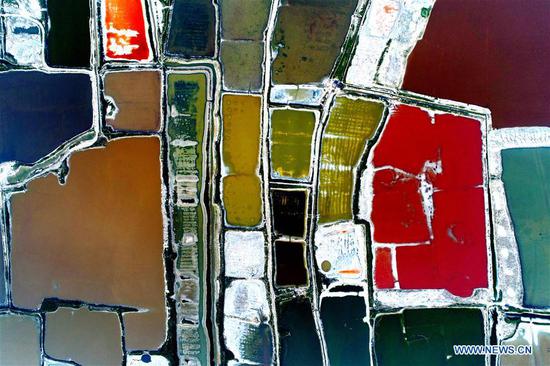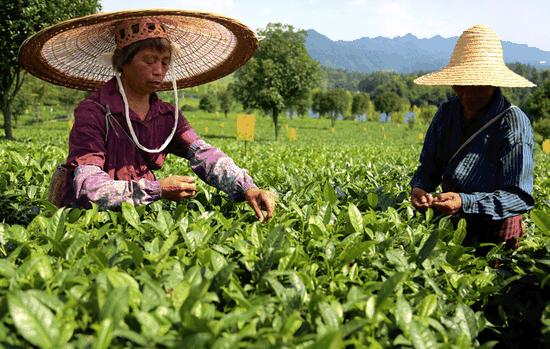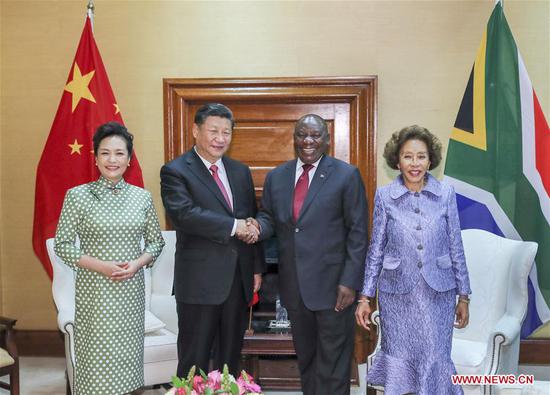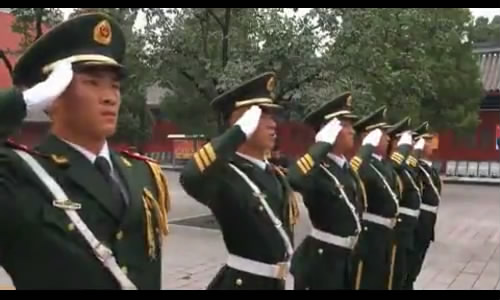U.S. farmers shrugged off their president’s farm aid plan as “short-term relief”, remaining critical of the government’s global tariffs policy undermining the country’s agricultural interests.
Trump’s Tuesday announcement of a $12 billion aid plan comes as he’s scheduled to visit Iowa, a key state for his presidency and the nation’s top soybean producer that is faced with a withering export to its biggest trading partner China.
According to Paul Burke, the regional director of North Asia for the U.S. soybean Export Council, there's been virtually no new orders for U.S. soybeans exports for the balance of this marketing year as well as pre-order for next marketing year after China announced its projected tariffs, hours after the Trump administration proposed a list of Chinese products worth $50 billion to be subject to a 25 percent import tariff on April 3.
“Since April, we've seen prices for U.S. soybeans dropped by 20 percent and that certainly is significant for U.S. soybean farmers,” Burke said at CGTN’s The Point (@thepointwithlx).
He recalled his conversation with some U.S. farmers who complained big losses in their annual operating profits. Besides, the U.S. might lose more than China, said John Gong from the Beijing-based University of International Business and Economics.
Northeastern China may grow as an alternative supplier of soybean and there are plenty of products to replace soybean for edible oil, said Gong.
“There is really a danger that demand for soybeans is going to be permanently affected by people's shifting in preferences,” Gong concluded. “I think that's a real long-term danger here. And I think the U.S. side really should think twice about the long-term impact of this.”
Burke said U.S. soybean farmers are “in favor of continued dialogue” but tariffs to resolve the trade issues.
“Both American farmers and Chinese consumers want to end the tariff war,” Burke noted. “Yet, it seems like China does not have too many choices besides retaliating in order to fight against the U.S. tariff actions.”














